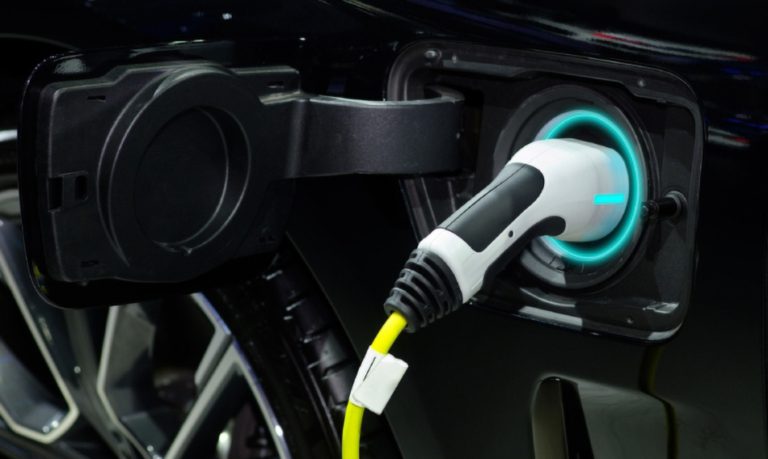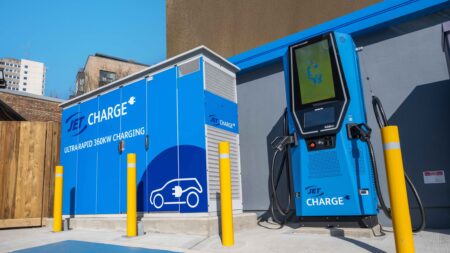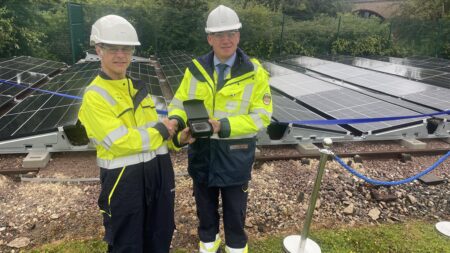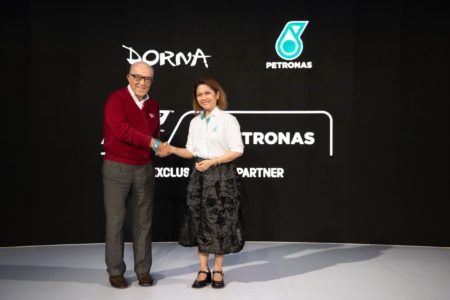Diversification
Right Fuel Card and Rightcharge are partnering to provide seamless support for mixed fleets.
JET charges ahead with roll out of ultra rapid EV forecourt offering.
SUSTAIN survey reveals more than half of Brits believe current ICE deadline will not be met.
Exolum has started operating a new photovoltaic plant for self-consumption of energy at its Misterton aviation fuel terminal in the UK.
More Diversification
PETRONAS and Dorna Sports will be using a new sustainable fuel in 2024.
J.R. Rix & Sons latest business acquisition continues investment in sustainability
Following a complete knock down and re-build and many months of construction, JET Retail UK Limited has re-opened its flagship retail fuel site close to ...
With funding support agreed by BEIS, Stanlow could be home to the UK’s first carbon-free hydrogen power plant contributing to decarbonisation as part of ...
Essar has announced the appointment of Deepak Maheshwari as chief executive officer for Essar Oil (UK) Ltd (EOUK).
Deepak joins EOUK, an important asset in ...
A new project that forms part of Essar’s plans to decarbonise the Stanlow Refinery in North West England has secured a £7.2m grant from ...
Further Reading
Diversification is a constant theme of our industry currently as those involved in all aspects of fuel production and distribution find ways to keep pace ...
Exolum’s CEO, Jorge Lanza, recently addressed the evolution of the business and the new challenges faced in the current energy transition. The company will ...
This spring sees OTS Group Ltd celebrating its 50th anniversary and, from humble beginnings in 1971 in a farm cowshed to becoming a leader in the ...
Essar-owned Stanlow refinery, located in Ellesmere Port, is reportedly facing financial problems, but the company has said it is fully committed to its operations at ...
This Spring sees OTS Group Ltd celebrating its 50th anniversary and, from its humble beginnings in 1971 in a farm cowshed to becoming a leader in ...
Exolum is the new brand name chosen by the CLH Group, strengthening the identification of the company with its future aims, focused on adapting its ...
Oil services companies can no longer delay making a choice on their future direction according to the latest report from PwC Strategy&, called ‘Time ...
With a brand-new website and the introduction of a sister company, Halso UK Fuels Ltd continues its exciting journey from modest beginnings to ...
Following an extensive review of Mabanaft’s UK-based companies – Mabanaft Limited, BWOC and Thomas Silvey – the latter is now focusing on fleet solutions. This change ...
In a deal completed on 31st January, Mabanaft Ltd has acquired Avon Lodge, one of the UK’s top-tier independent truckstops. The transaction highlights ...
Most Read





